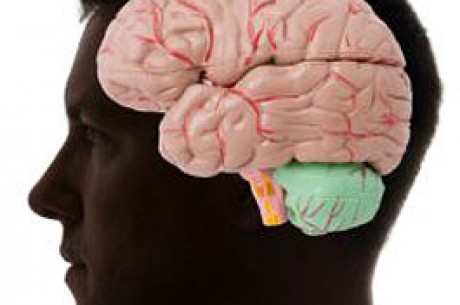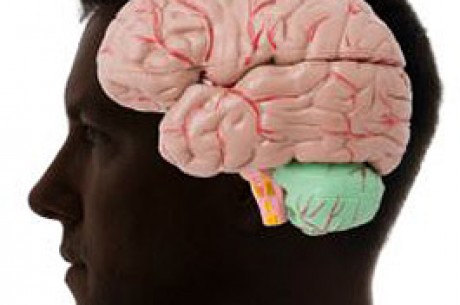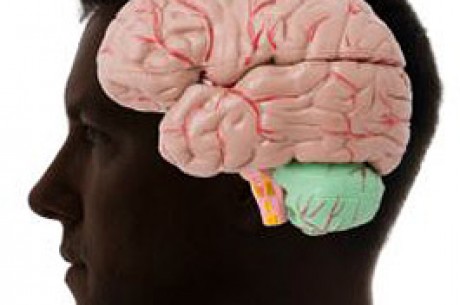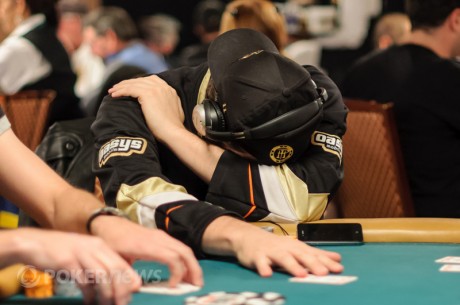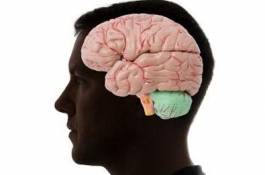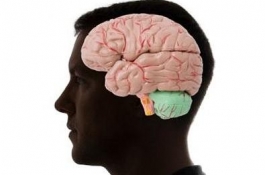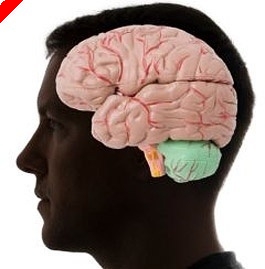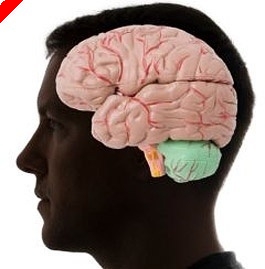The Poker Shrink, Vol 43 -- Anecdotal Evidence
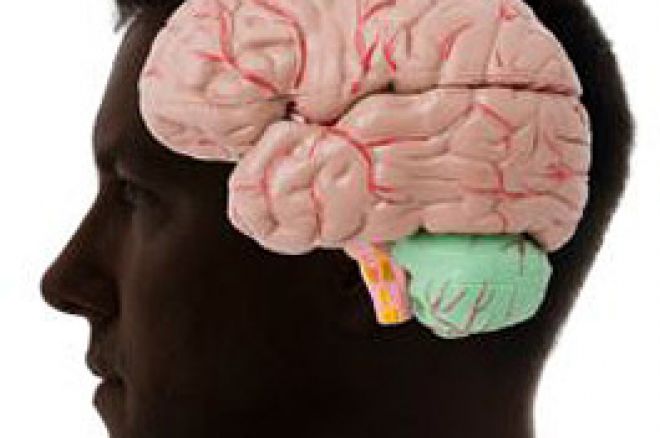
Anecdotal evidence is information you obtain from a subjective report, an observation, or some kind of example that may or may not be reliable. In addition, anecdotal evidence is not scientifically valid or representative of testable facts.
Let's take a look at a real-world (non-poker) example to illustrate anecdotal evidence. A lady claims her arthritis pain went away completely because she wore copper bracelets on her ankles and wrists. A medical doctor and research scientist will tell you that there is absolutely no scientific studies that show copper bracelets, copper pennies or copperheads relieve arthritic symptoms. The lady could be in remission, or she may have changed her diet, or this might just be a placebo effect. The 'evidence' that the copper bracelet helped her medical problem is anecdotal, without basis in scientific fact, meaning evidence obtained under rigid and specific test conditions. However, the lady no longer is in pain.
Now some poker reports relying on anecdotal evidence:
"I busted out of the tournament with pocket Jacks, I always lose with Jacks."
"The continuation bet is the most over-used move in poker."
"I can never get my Aces to stand up when it really counts."
Notice that these statements tend to contain words like: 'always,' 'most' and 'never.' We all know that players making such statements are simply launching into a bad beat story. We know the odds; we know that AK is a very good starting hand but…. We know, we know, we know. However, we also tend to rely on anecdotal evidence when it comes to our game, our bad beats and the suckouts that take us out of the tournament.
These statements also tend to contain words such as 'our' or 'us.' You see, humans (that would be 'us') tend to be more objective when things happen to others and more subjective when they happen to us. Makes sense; we are the 'subject' of the event when it happens to us and we tend to not be objective towards bad stuff happening to us. By the way, this works the opposite way, too. If you win with QTo several times in a tournament, you will be more likely to play QTo later in that same event (remember Robert Varkonyi in 2002).
So what's the problem? We all know that no one really loses all the time with pocket Jacks and we know that AQo is not a worse hand than 72o, because we know that people muck the 72o and play the AQ, which is why you lose more with AQ than 72. Here is what is wrong with relying in any way on anecdotal evidence. The game of poker has certain objective elements — 52 cards, number of outs to the flush, odds on the double gut-buster draw — and it has certain subjective elements — reads on other players, aggressive or loose opponents, table image. If you allow subjective assessments to creep into the objective portions of the game, you simply make your decisions less reliable and therefore less profitable.
There are already lots of subjective judgments for you to make in a hand of poker. Why convert other portions of the game, where you have good, reliable, objective information, to the less solid subjective realm? Anecdotal evidence proves nothing. Should you rely on it? Sure, when it's reads or tells or the 'dumb luck factor' of the donkey in seat four. But when you have good solid facts to back up your play they should be tempered by the subjective information not transformed into some poker mythology.
Great poker players use all of their skills to make the big decisions but they seldom rely on a hunch or a rabbit's foot. It may look that way on television, but day after day at the tables, good solid factual evidence wins the cash time after time after time.
Except when I get Jack-Dewey suited — that's my lucky hand.

